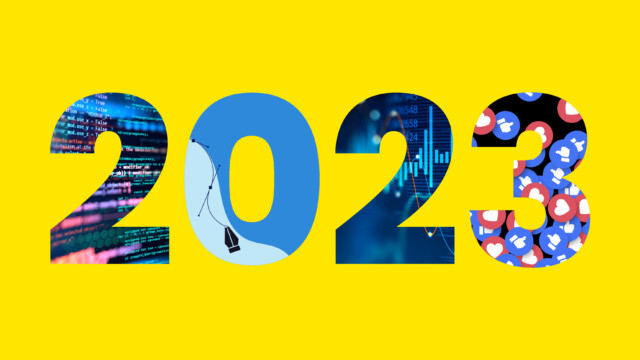Web 3.0 – the semantic web is coming
Sir Timothy John Berners-Lee, is the computer scientist and MIT professor credited with inventing the World Wide Web. Not satisfied with a bit of web 2.0 social interaction, Sir Tim’s vision for next generation of web sites and services involves developing applications that are capable of computing semantic searches, so called web 3.0.
Way back in 1999, Sir Tim wrote:
‘I have a dream for the Web [in which computers] become capable of analyzing all the data on the Web – the content, links, and transactions between people and computers. A ‘Semantic Web’, which should make this possible, has yet to emerge, but when it does, the day-to-day mechanisms of trade, bureaucracy and our daily lives will be handled by machines talking to machines. The ‘intelligent agents’ people have touted for ages will finally materialize.’
So how would this Semantic web work? Well lets take two scenarios. Firstly let’s imagine you want to find a web designer in Leicester (hint!), you’d simply launch Google and type ‘web designer Leicester” and probably get directed to a search result containing Cite and a handful of our competitors.
But what if you wanted to make a more complicated search? Lets imagine that I want to go out for the evening, visit the cinema and then have a meal afterward. To find out my options, I currently need to search independently for cinemas restaurants bars and so on within selected postcodes or regions. Imagine how much cooler it would be to simply type ‘I want to go the cinema in Leicester tonight then go for a good Mexican meal nearby’, my results would neatly list cinema options, and nearby Mexican restaurants (ordered by review rankings). Cool huh?
Web 3.0 will probably develop out of web 2.0 technologies, and will undoubtedly spawn the next Facebook, Twitter or Flickr.
So as part of your search engine strategy, don’t just think about where you are appearing here and now, think also about where you want to be found in future.




